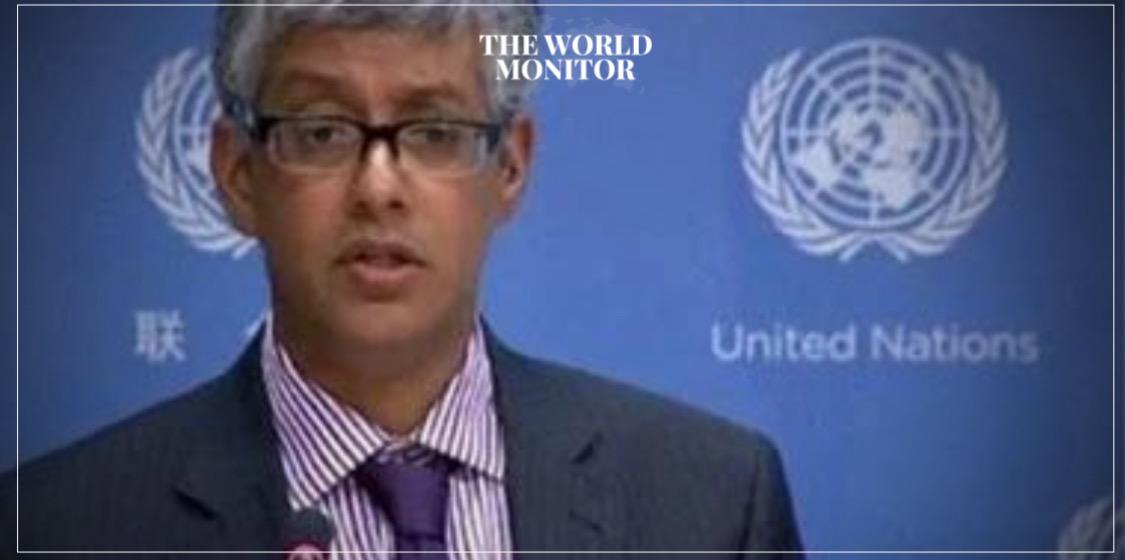United Nations Deputy Spokesperson Farhan Haq emphasized that the proposed sea corridor cannot replace existing land crossings, although he welcomed any efforts to deliver humanitarian aid to Gaza. He expressed gratitude to the United States and Cyprus for working – with support from other member states – on establishing a sea corridor as an additional route for delivering relief to Gaza.
According to the UN News Centre, Haq stated, “Given the immense needs in Gaza, the purpose of the floating pier is to complement the existing land crossings for aid entering Gaza, and it is not intended to replace any of the crossings.”
Haq explained that this is a multinational effort to provide additional humanitarian aid to the Palestinians in the Gaza Strip via a sea corridor with an entirely humanitarian nature. He mentioned that the supplies would include humanitarian goods donated by various countries and humanitarian organizations.
The United Nations Office for the Coordination of Humanitarian Affairs (OCHA) reported that nearly 640,000 people have been displaced since the onset of the military operation in Rafah, Palestine, with many moving to the densely populated Deir al-Balah.
UN Spokesperson Haq noted that only five bakeries remain operational throughout Gaza, with four in Gaza City and one in Deir al-Balah, while approximately 10 other bakeries have ceased operations due to fuel and supply shortages amid ongoing hostilities.
Haq added that these conditions have forced UN partners to conduct small-scale distribution operations with limited supplies and reduced rations, prioritizing Khan Yunis and Deir al-Balah governorates, where hundreds of thousands of displaced people from Rafah have arrived in the past ten days.
Rafah city in southern Gaza witnesses clashes and Israeli bombardment, forcing 450,000 people to flee, according to the United Nations, which says “there is no safe place” in Gaza.
UN Secretary-General Antonio Guterres described the military escalation in Rafah as “horrifying.”
The population of Rafah city before May 6th, the date of the Israeli forces’ entry, was 1.4 million, the majority of whom were displaced from other areas.
The United Nations Relief and Works Agency for Palestine Refugees (UNRWA) did not specify where the new evacuees from Rafah were headed, but indicated that “families continue to flee in search of safety.”
United Nations Relief and Works Agency for Palestine Refugees (UNRWA) announced that about 450,000 people have been forcibly displaced from Rafah since the first Israeli evacuation order was issued on May 6th.
Several UN agencies have warned of the imminent danger to hundreds of thousands of Palestinian displaced persons who find no safe haven in the entire strip, while the destructive war enters its seventh month.
Meanwhile, the United States has repeatedly warned against invading Rafah, affirming that Israel is making a grave mistake, and has hinted at suspending further weapons shipments if Israeli forces invade the densely populated city after stopping a bomb shipment last week.






